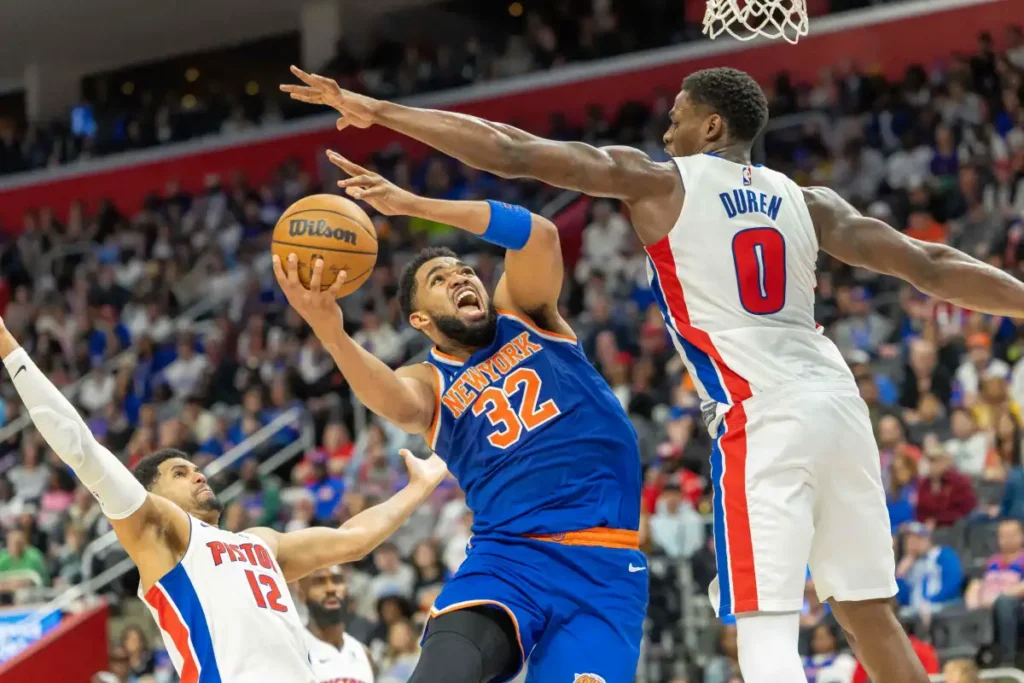A Painful Ending, but a Promising Future for the Pistons

As Jalen Brunson’s step-back three splashed through the net and the final buzzer sounded inside Little Caesars Arena, the Pistons’ season ended not with despair, but with hope. Yes, the 116-113 loss to the New York Knicks in Game 6 was gut-wrenching. But for the first time in over a decade, Detroit fans are feeling something unfamiliar: pride in a team that’s building toward something real.
It was another empty postseason result at home — Detroit is now 0-7 all-time in playoff games at LCA — but this time felt different. The Pistons clawed back from a 15-point first-half deficit and led by seven in the fourth quarter. They played with grit, maturity, and belief. In the final moments, it wasn’t enough to overcome Brunson’s 40-point masterpiece or a costly turnover by Cade Cunningham, but it was enough to prove this team belongs.
That feeling — of painful loss, not apathy — is new. And it’s welcome.
Because the alternative was far worse. Pistons fans know all too well the feeling of October hopelessness. Of watching listless rosters shuffle through meaningless games. Of wondering if any executive, coach, or lottery pick could ever steer this franchise back to relevance. Rebuilding was the right approach, but for years it felt like the teardown would never end.
Now, it has. The Pistons’ 44-win season matched their highest mark since 2015-16. But this year wasn’t about squeaking into the playoffs for a brief cameo. It was about arrival. Cunningham, Ausar Thompson, Jaden Ivey, Jalen Duren — all under 23 — showed they’re not just developing, they’re competing.
Cade became Cade CunningHIM. He averaged 23-8-7 in Game 6 and carried the team through clutch stretches all series. Thompson locked down elite scorers while flashing offensive upside. Duren took major strides as a rim protector and pick-and-roll finisher. Ivey, before injury ended his campaign, added a reliable three-point shot and rhythm with Cade that hinted at long-term backcourt chemistry.
And yet, there’s more to build. Detroit has the league’s lowest payroll and considerable cap flexibility even as Cunningham’s max extension kicks in. But they can’t settle. Tobias Harris, Dennis Schröder, and Tim Hardaway Jr. — all valuable veterans — can’t be permanent pillars. The next phase of the rebuild will demand calculated risk: packaging depth for star talent, betting on development, and adding shooters and defenders who elevate the young core.
Still, the foundation is finally here. Detroit’s youth isn’t just promising — it’s producing. And the culture is shifting. No more lottery lifelines. No more coaching carousels or draft disappointments. The Pistons are building a team that doesn’t just want to make the playoffs — it wants to matter in them.
So yes, Thursday’s loss stung. It should. You don’t get to feel heartbreak unless your team is good enough to make you believe. And that’s what makes this version of the Pistons so different.
Detroit basketball is back.
